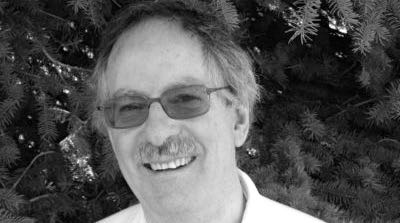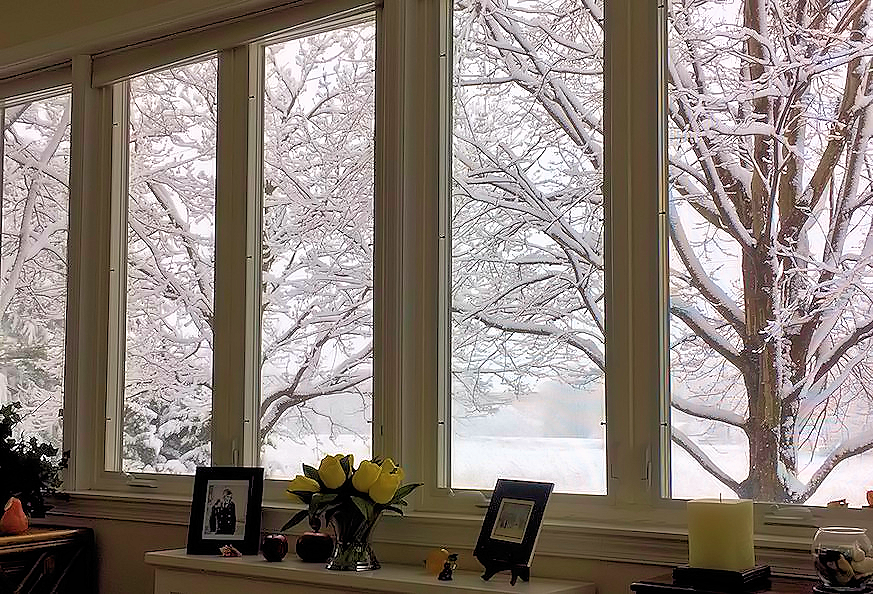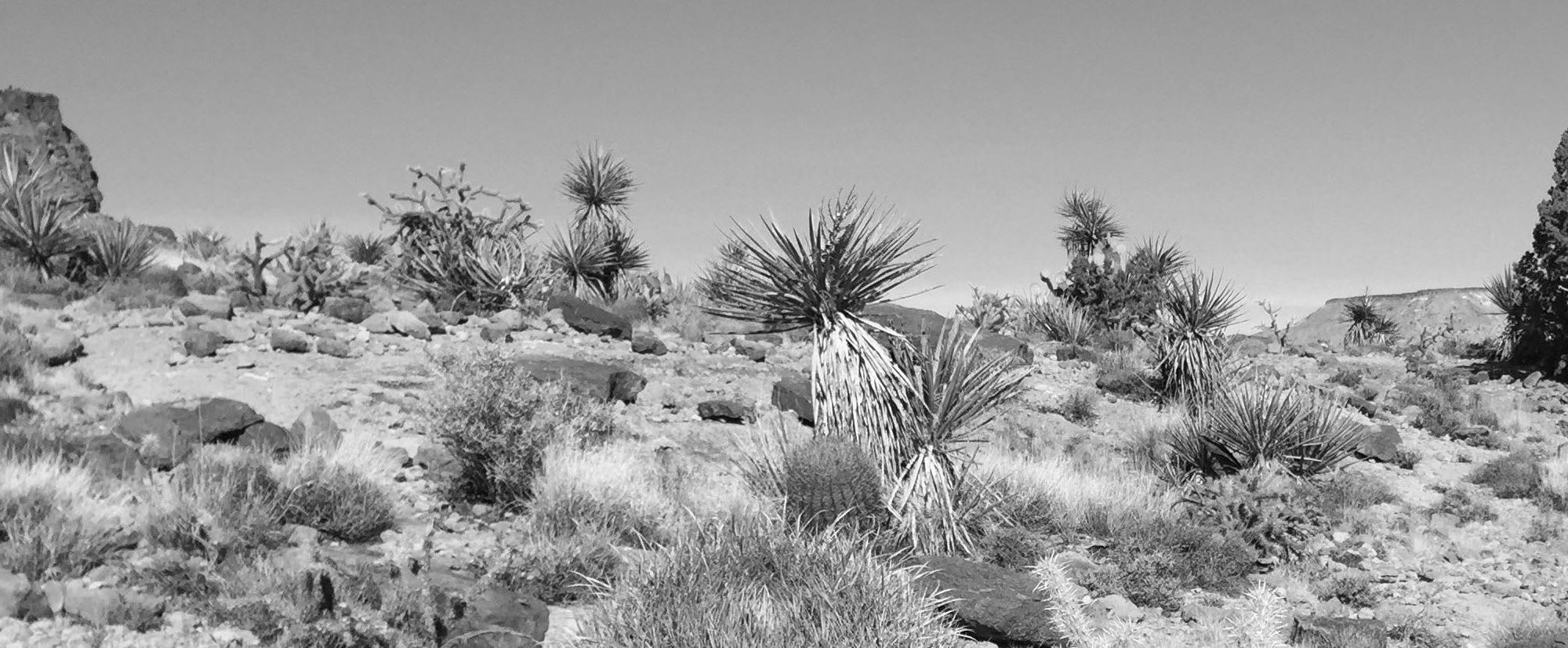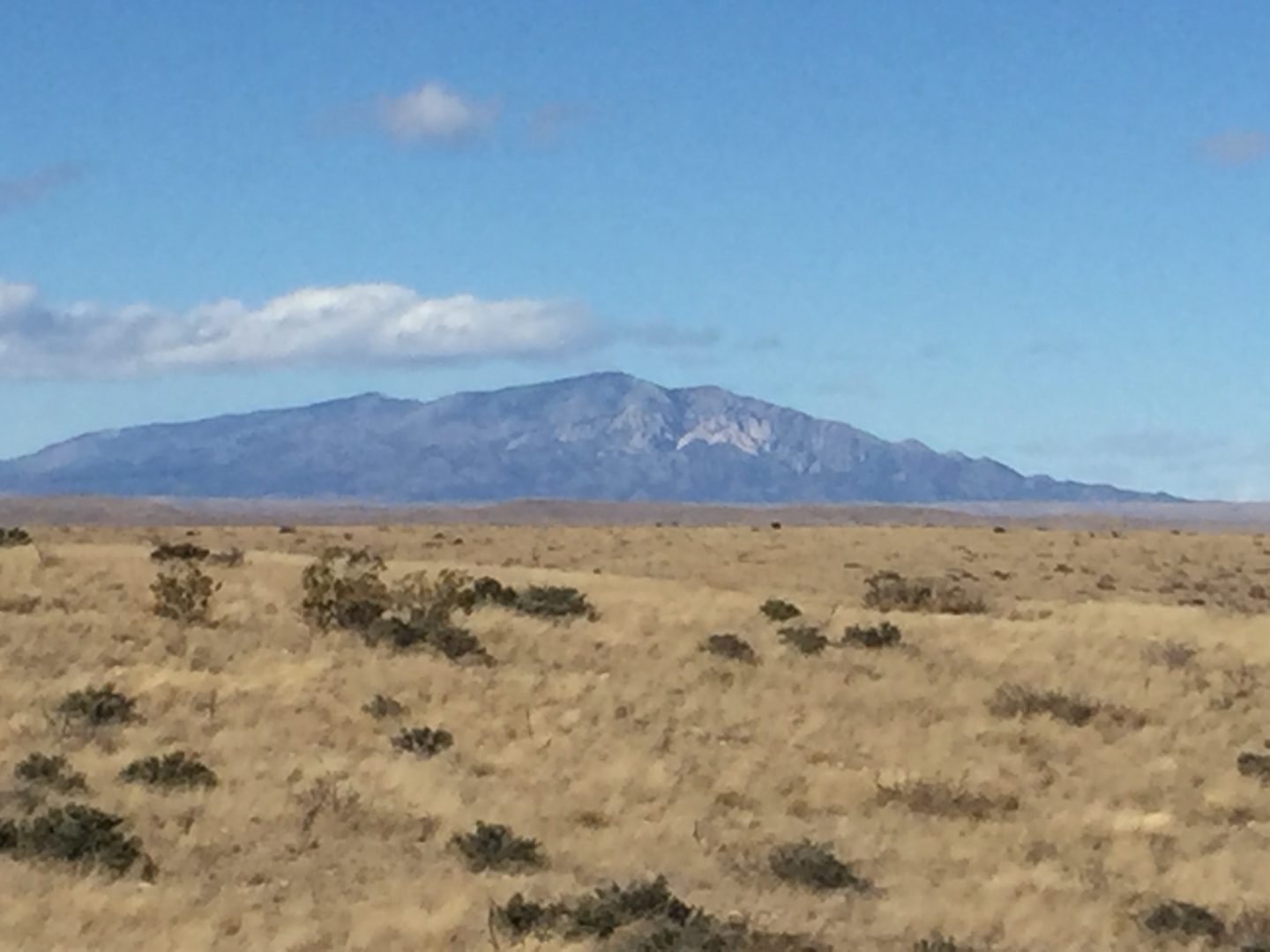“You’re writing a memoir about Anaïs Nin?” she asked. “Really?”
“Well, it’s more just an anecdote,” I said. “Something you might jot down in a diary.”
“Hold it,” she said. “Hold it. A diary? You’re too late. Anaïs Nin staked out that turf decades ago. You might even be accused of reverse plagiarism.”
“It’s about Anaïs Nin,” I objected. “Not by her. And besides, it’s absolutely true.”
“Everything Anaïs Nin ever wrote was about Anaïs Nin. So if she’s in it, then it’s hers. She has seniority. But look,” she said, “perhaps you’d better just tell me the whole story, Anaïs Nin and all…”
* * *
The story doesn’t begin with Anaïs Nin. It begins with Freya.
I meet Freya one evening at a literary-ish party near the university in Albuquerque. The year is 1975.
A small woman with a shawl over her shoulders stands by a kitchen counter laden with organic chips and vegetable plates. She dips artichoke leaves in low-fat mayonnaise. When she turns, I see a sharp elfin face, pale freckled skin, frizz of dark auburn hair, bright eyes.
“Hi,” she says. She holds up an artichoke leaf. “Did you know that artichokes are thistles, the bad boys of the daisy family?”
“Well, breadfruit is a kind of mulberry,” I point out.
“Sez you,” she says. “I’m Freya.”
I can’t resist showing off. “The Nordic goddess?” I ask.
“No,” she says seriously. “I’m Italian. See? You don’t know everything.”
“Well, I know that Freya is the Norse goddess of love and wisdom.”
“Yes. That Freya is. And she’s in charge of war too. So don’t confuse her with your soggy, fickle Aphrodite.”
“I wouldn’t dare.”
“Freya was born of earth and fire. She’s also called Frigg. Which is not where we get the expression, frigg it. She’s married to Odin, so you know she’s tough and good in a fight. She wears a magic golden necklace called the Brisingamen. More?”
“That’s plenty. I’m convinced.” I hold out my hand. “I’m Richard.”
We shake hands and take our fair-trade wine out to a bench on the back porch. We sit and talk like old friends.
She tells me that she is from Chicago and is housesitting the house of a cousin in Albuquerque. That she is on leave from her job as a junior fiction editor at a certain magazine, because she has grown weary of the stress of big job and big city and Midwestern winters. That she is already much improved after a couple of weeks of the high desert.
I tell her I live in a little retro-adobe house I built, near a village in the mountains north of the city. That it’s a village, and not a town, because it has no commercial heart, only a post office in the postmistress’s living room. That I myself have been trying to write, but my life has gotten stranger than my stories.
“Does getting strange have to do with a woman?” she asks.
“Yes,” I admit. “Her name is Marcie. We were living together, but she decided my life didn’t fit me anymore—like outgrowing clothes when you’re a kid. Except in my case, I shrank. Anyway, she made me leave—but then she left. So I went back.”
I tell Freya these private things, but I don’t know why. There is something birdlike in her attention. She listens with her head tilted slightly to one side, her pale hand lightly on my arm.
“Why do you call your house retro?” she asks.
“Well, it has a dirt floor, and a woodstove for heat. There’s electricity for lights, but no plumbing.”
“None?”
“Just a cold-water faucet. And there’s an outhouse. So I’m always on the lookout for places to take a hot shower. That’s really why I came to this party, but I didn’t get here early enough.”
We leave the party at the same time, hug in the driveway. We arrange that I will call her the next day.
And I do call her, from a neighbor’s phone, because I don’t have one.
She invites me over to the house she is housesitting. For a hot shower.
The house is big and grand. The shower is wide and deep and luxurious, like a little room you walk into, lined with smooth pink granite. When I am almost finished, and just standing stupefied under the hot water, Freya walks in—all pale freckled skin, wet lips. Her tousle of hair becomes drenched and heavy. We kiss and press together, and we do not slip on the wet stone. Then we dry each other off and make love in a wide cool bed.
Time subsequently passes, filled with Freya. We trade histories, as lovers do. We talk and walk and eat and drink tea and hold each other. Now, many years later, I cannot remember if we make love many times, or just a few. I cannot even remember how long we are together—if it is days or months or years. No, not years, because it is spring when we meet, but it is never winter.
I do remember a particular important afternoon.
We are in my house. Freya sits on my bed, leans against the rough whitewashed mud wall. She is so bright against the wall I can barely look at her. I imagine her rising and walking away, leaving her silhouette etched forever on the wall.
She pats her bare foot on the floor. The floor is smooth and uneven and cool, the green of stormy sea. “What in the world is this made of?” she asks. “It isn’t dirt.”
“It’s mud,” I explain, “adobe mud, troweled on thick, then oiled and sealed with gym floor sealer. In the old days it would’ve been sealed with ox blood. The room would stink like a slaughter house for a while, but the floor would end up a beautiful dustless brick red.”
We go for a walk, along a disappearing dirt road, across dry hills strewn with skeletal rocks, limestone outcrops haunted by the ghosts of fish. Light the color of old pearls whispers around us. We steer between shaggy junipers, breathing their breath, dust and sugar.
We come to a dry arroyo, a fossil river, the red sandstone sides etched with water carvings like miniature cities. We scramble down into it, then head what would be upstream if the arroyo wasn’t dry. We come to a tall cliff, twenty-feet high, cutting across the arroyo, a waterfall during flash floods. At its base is a deep grotto, and in the shadow lies a still, opaque pool, the color of the sandstone above. Against the back wall a sheen of water slides, drips into the pool—a seep spring, the wound in the aquifer, which bleeds the pool into being.
We splash in the cool red water, then lie naked on a blanket in the warm sand at the edge of the pool. Somehow I am inside her, just as we are inside the arroyo.
But then suddenly—what seems suddenly—there comes a time when the sky daily fills with heavy gray clouds, and it rains every afternoon—short, hard rains accompanied by long thunders and a perfume of wet pine. This is the monsoon of late summer, and Freya is already gone by then, vanished into the haze beyond the Mississippi, back into her mysterious stressful life in sprawling Chicago.
But we write to each other now and then.
So one day there is a letter from Freya, handwritten in dark blue ink on light blue paper. I know it is autumn, because the wind has shifted to the north, and there is a new sharpness in the air.
Dearest Richard,
I hope this finds you well and relishing the strangeness of your life. I want to tell you about an adventure I had.
I went to a reading by Anaïs Nin. She is making a tour of the US, reading from her diaries and speaking of her life of art and love and passion. This will probably be her last such tour, because she is not well. At the reading she seemed thin and drawn, but that made the bright flame of her even brighter.
As I believe you know, I am an ardent lover of her writing, and to see her, and hear her voice, was so amazing and poignant. I found myself wishing I could give her an artichoke. Why an artichoke I don’t know, but I saw myself handing it to her, a fat prickly green artichoke, and she would take it and look at me and she would understand.
But a big crowd gathered around her when the reading was over, people wanting her autograph or to tell her how much they love her. I didn’t have an artichoke, so I went home.
I miss you and your sunny mountain.
Love, Freya
Shortly after getting this letter, I come across a poster at the university, announcing a reading by Anaïs Nin.
On the way to the reading, I buy two big artichokes. Then I sit among many excited people, who all love Anaïs Nin. I have a brown paper bag at my feet.
As she reads and talks, Anaïs Nin lets her bright eyes fall here and there. Once, I feel her eyes touch me like the lightest caress. She speaks in perfect English with a delicate French accent, a sweet smear of honey on pumpernickel bread. She does appear drawn, as Freya thought. The angles of her elfin face are sharp. Her dark auburn hair is piled on top of her head and held with a comb. There are streaks of gray in it, strands of cloud across a flaming sunset. She wears a necklace with a golden sun pendant.
When the reading is over, a small crowd gathers around her. I wait patiently at the edge of the crowd. Anaïs Nin sees me and my brown paper bag. When the crowd is gone, holding close their signed books, she turns to me.
“Yes?” she says.
I hand her the bag. She opens it and looks inside. Laughs a silvery laugh. “Why is this?” she asks, smiling.
I give her Freya’s letter. Anaïs Nin reads the letter and tears fill her eyes. “This is so very sweet and kind,” she says. She holds the bag of artichokes in one arm, like a baby.
“Freya is sweet and kind,” I say. “But good in a fight.”
Anaïs Nin holds out Freya’s letter. “May I keep this?” she asks.
“Of course. It’s really to you.”
She stands on tiptoe and kisses me once on each cheek. Then she is gone. A few days later I receive a hand-written letter from Anaïs Nin.
Dear Richard,
I want so much to thank you for the beautiful artichokes, and to thank your friend Freya as well. This was a gift of the heart, and that is the best kind.
Love always, Anaïs Nin
I put the letter from Anaïs Nin into an envelope and send it to Freya. Not very long after, Angela Anaïs Juana Antolina Rosa Edelmira Nin y Culmell dies, at her home in LA. Her ashes are scattered over wide blue Santa Monica Bay.
* * *
When I finished, she was silent for a moment. “I wonder,” she said finally, “if Freya would tell it the same way.”
“Who knows? I lost track of Freya decades ago. I don’t even know if she’s still alive.”
“You know,” she remarked, “that letter from Anaïs Nin could be worth something.”
“Well, I don’t have it. I sent it to Freya. And I don’t have Freya’s letter either. I gave it to Anaïs Nin.”
“Tell me,” she asked thoughtfully, “did you ever see Freya and Anaïs Nin together, at the same time?”
##
Photo at the top of the page is taken by Daliel Leite [CC BY-SA 3.0 (https://creativecommons.org/licenses/by-sa/3.0)] and is from Wikimedia Commons. Caption: George Leite and Anaïs Nin at Daliel’s in 1946.

![By Daliel Leite [CC BY-SA 3.0 (https://creativecommons.org/licenses/by-sa/3.0)], from Wikimedia Commons](https://www.eckleburg.org/wp-content/uploads/2018/05/George_and_Anaïs.jpg)




